Some ongoing research projects are outlined below:
Biomarkers of neuroinflammation
Our laboratory is among the first to discover that brain endothelial cells generate microvesicles (eMVs) in response to inflammation. Therefore, our ongoing studies continue to make significant strides towards the applicability of using eMVs purified from blood serum to monitor the status of the blood-brain barrier (multiple projects). Such novel detection methodology (patent pending) and diagnostic potential could fulfill clinical needs related to prognosis related to brain injury, common neurological disorders, neurological complications of HIV etc.,
Microfluidics
Next generation of Blood-Brain Barrier (BBB) in-vitro models for drug screening, CNS drug targeting etc., The lab is dedicated to using the latest tools for innovating new ways in which we can model the BBB so that it is closer to what is physiologically present in the human body. Therefore, our goal to have dynamic functional neurovascular units in-vitro. This can be accomplished by using custom designed PDMS microfluidic chips coupled with co-culture of syngeneic primary human cells. Similarly to physiological conditions, the above recapitulates a vascular component (exposed to physiologic shear stress). In other configurations the chips are configured with permeable matrices in which one side houses neurons and astrocytes and the other endothelial cells under flow.
Traumatic Brain Injury and Substance Abuse Research
Using an experimental animal model of traumatic brain injury (TBI) and cocaine-induced conditioned place preference (CCP), the laboratory has found that TBI in adolescence induces chronic mesolimbic neuroinflammation, which is concurrent with an enhancement in the rewarding effects of cocaine in mice during adulthood. These results offer the first preclinical support for epidemiological findings that suggest that sustaining TBI during adolescence may augment the rewarding effects of psychostimulants in adulthood (in press Journal of Neurotrauma).
BBB Drug Targeting
BBB Drug targeting is a different concept than that of “CNS drug delivery”. With expert collaborators at the University of Pennsylvania, we are engaged in studies in which antibody-conjugates are used to specifically target the cerebrovasculature after TBI. The purpose of these antibody-conjugate nano-complexes is to bind the apical surface of the endothelium and attenuate inflammation; minimizing immune-endothelial interaction, restoring BBB homeostasis that consequently would prevent failures in neural network communication.

